U.S. and Cuba: Shaking hands with clenched fists?
It’s a new diplomatic era
President Barack Obama announced on Dec. 17 that the United States will be re-establishing relations with Cuba. As a result, there has been much speculation as to what this means and whether this is a good move for the country.
The AMSA Voice spoke with three members of the school’s history department—Dr. Anders Lewis, department head, and teachers Jessica Bowen and Matt Anderson—who provided analysis of the story.
“It has been, at best, a testy relationship,” said Dr. Lewis, referring to the diplomatic situation between the two countries since Fidel Castro seized control of Cuba in 1959.
“On one hand, you have this American policy which is at its best concerned with the people of Cuba […] to liberate them from oppression,” Dr. Lewis continued. “On the other hand, America has clearly bullied its way through Cuban history.”
Dr. Lewis continued by saying that Mr. Obama’s decision to re-establish relations with Cuba is multi-faceted.
“There is the political reason,” he said. “Politics is always a factor, though they will never say it.”
Dr. Lewis said that the Democratic Party is looking to gain support (which could lend itself to votes) from the Hispanic community.
Mrs. Bowen agreed.
“Cubans [tend to] vote Republican,” Mrs. Bowen said, explaining that this was a way for the Democrats to reach out to Cuban-American voters, particularly in the state of Florida, historically an important swing state in general elections.
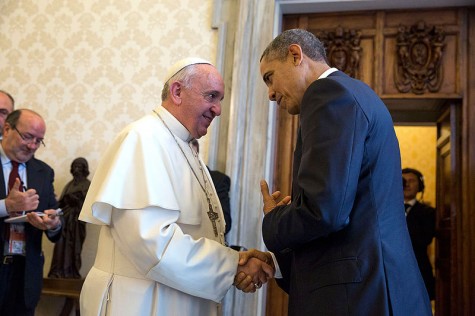
Yet, gaining votes is not the only reason behind Mr. Obama’s plan.
“He’s leaving office in two years, and as presidents prepare to leave office, they always begin to wonder how are they going to be written in history books,” Dr. Lewis said.
With the 2016 presidential election right around the corner, Mr. Obama is preparing to leave behind a legacy that goes beyond the Affordable Care Act, more commonly known as Obamacare.
“Obama’s political histories have been few,” Mrs. Bowen said. “I think it is a smart decision.”
Discussion between the United States and Cuba, which has gone on in secret for more than a year, was mediated by Pope Francis, said Mrs. Bowen.
So, what does the future hold for this relationship?
“At the end of the day, history will be the judge,” Dr. Lewis said.
Mrs. Bowen mentioned it could be good for both countries, possibly helping Cuba’s economy, and in turn helping America’s. In her opinion, it is best to be friendly with your neighbor (the two countries are separated by only 90 miles).
“When you go elsewhere, you can buy Cuban cigars, but we were one of the countries eliminating it,” Mr. Anderson said, explaining one common view of an American trade embargo that began on Oct. 19, 1960. It banned all exports to Cuba except for food and medicine. On Feb. 7, 1962, the embargo (known in Cuba as el bloqueo) was expanded to cover most imports, as well.
In the 1940s and 1950s, Cuba was a huge resort haven, a much bigger destination for tourists than Las Vegas at the time. Now, with amiable diplomatic relations forming, Mr. Anderson believes that Cuba will once again become a tourist destination.
While it may come as a surprise to some, it appears that a resolution to the crisis was bound to happen at some point. (It is important to note, however, that while some trade and banking restrictions have been eased, a full lifting of the embargo requires an act of congress, which has yet to happen.)
The revelation is that anything to normalize relations has happened in Mr. Castro’s lifetime.
Mr. Anderson noted that for a man who once was targeted for assassination by the U.S. government, something that severe “has got to stick in someone’s mind.”
But now, with Mr. Castro, 88, in failing health and his brother, Raul, the president of the country, the hostile feelings seem to be dissipating as these two nations begin to normalize their relationship.
“Fear of communism is anachronistic,” said Mrs. Bowen, who felt this was long overdue. “The Cold War is over.”

Anagha Indic is one of two co-editors for The AMSA Voice and a member of the Class of 2015. Anagha is an avid learner in pursuit of an engineering career.
She...


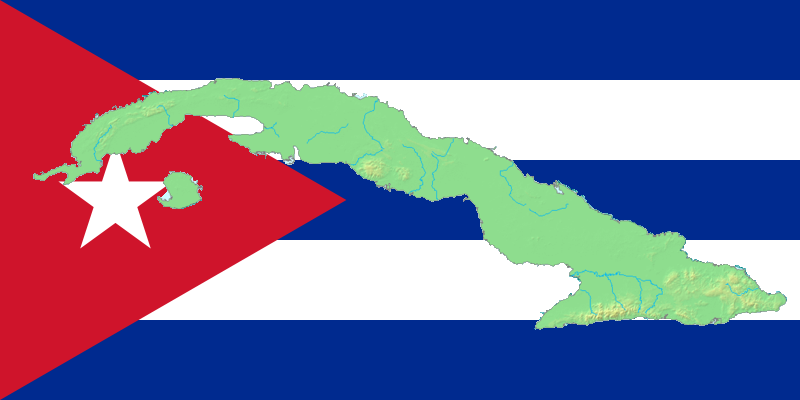

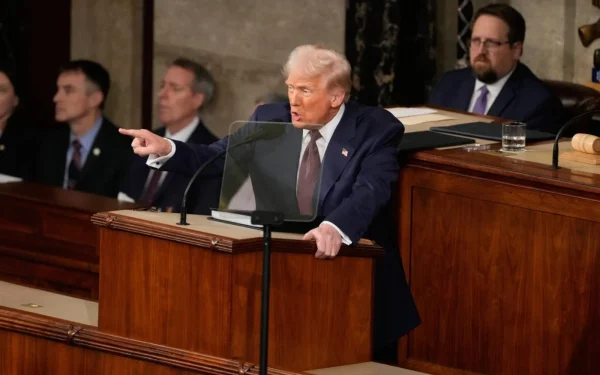

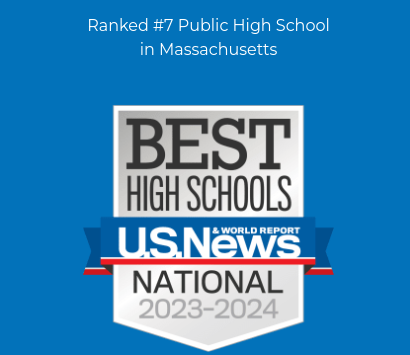
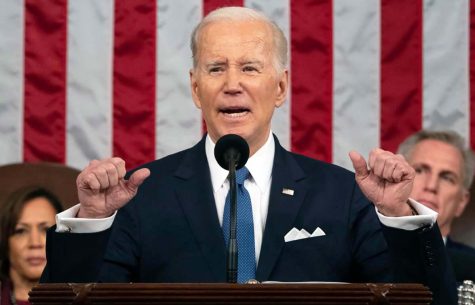
Anirudh Kaushik • Jan 24, 2015 at 6:37 pm
I really don’t understand what you or Mrs. Bowen are saying about this being a move to gain support in the Cuban-American electorate. If you look simply at a famous, outspoken Republican Cuban-American, Marco Rubio, you should know that Cuban Americans DO NOT support any diplomatic relations with their previous home. They see the Castro regime as tyrants who forced them from their own homes, left to sail to America to seek a new life. Reaching out the olive branch to Cuba to them is like shaking hands with the Devil. You can see an angry Rubio refusing to give a standing ovation to Obama at the 2015 State of the Union when Obama mentions reopening relations with Cuba (Link: https://www.youtube.com/watch?v=P2nc53_sohs&t=37m54s). If anything, this move will only serve to alienate the Cuban-American populations in Florida.
Jessica Bowen • Jan 14, 2015 at 1:16 am
Just to clarify, I said that President Obama’s political victories (not histories) were few. Nice job Anagha!